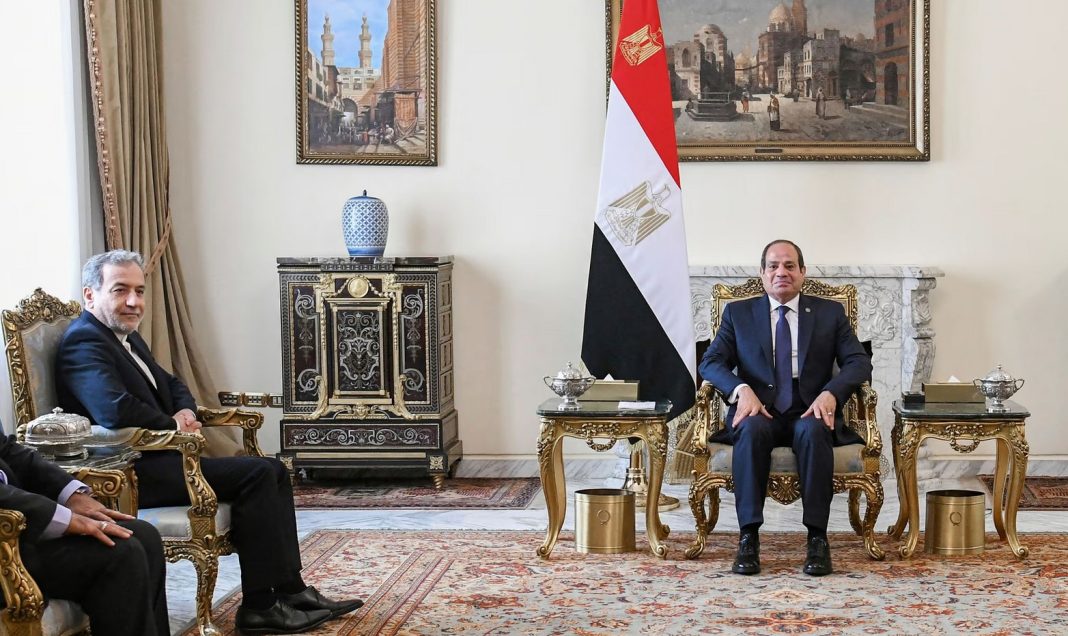The meeting comes as part of Araghchi’s continued consultations on regional developments and to mobilize the diplomatic capacities of regional countries to prevent escalating insecurity and instability resulting from the ongoing genocide and warmongering of the Zionist regime.
During the meeting, both sides reviewed the latest regional situation and expressed deep concern and regret over the continued aggressions and crimes of the occupying Zionist regime in Palestine and Lebanon.
They emphasized the importance of utilizing all diplomatic capacities to prevent the deterioration of the region’s security and alleviate the suffering of the people in Palestine and Lebanon.
Araghchi conveyed the greetings of Iran’s President and outlined Tehran’s views on the dangerous security situation in the region, detailing the Islamic Republic’s recent consultations with regional countries and some extra-regional actors over the past two weeks.
He stressed the need to mobilize all diplomatic capacities of the region’s countries to increase pressure to stop the atrocities and provide immediate humanitarian aid to the Palestinian and Lebanese refugees.
El-Sisi, while reciprocating greetings to his Iranian counterpart Massoud Pezeshkian, expressed Egypt’s perspectives and concerns regarding the regional developments.
The Egyptian president described the current security situation in the region as alarming and emphasized the necessity of preventing further escalation. He called for utilizing all available capacities to halt the aggressions and crimes in Gaza and Lebanon, avoiding the region’s descent into a disastrous war, preserving the territorial integrity and national sovereignty of all regional countries, and safeguarding regional stability and security.
Both sides also noted the positive developments in bilateral relations and agreed to continue consultations and the process of mutual discussions to further develop bilateral ties.
